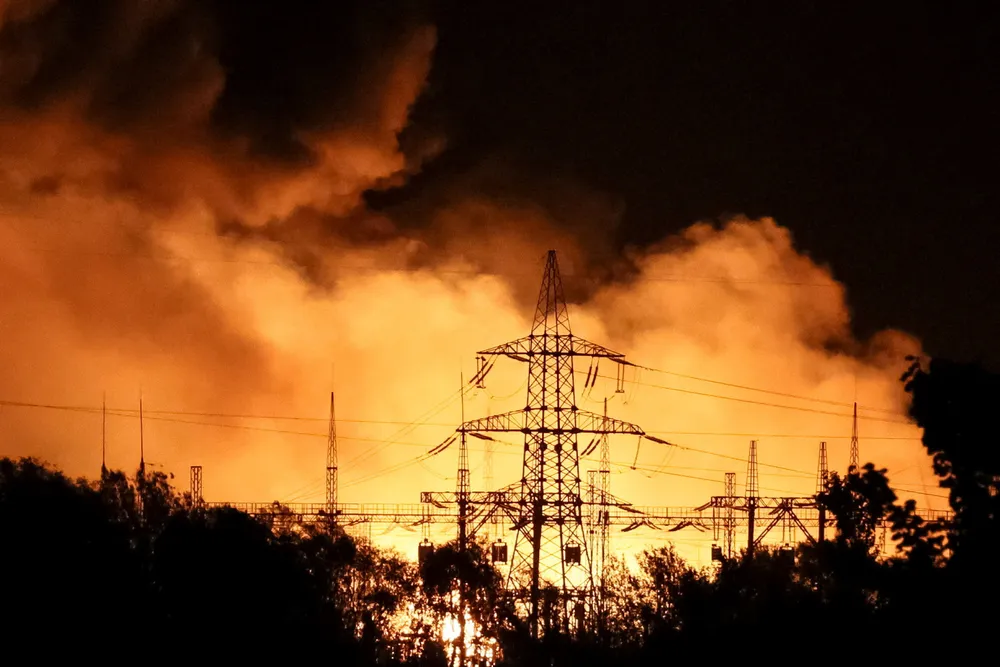Naftogaz goes to arbitration in bid to make Gazprom pay for full transit service
Gas stocks are high in Ukraine and in Europe but Naftogaz is seeking leverage as winter disconnection fears mount

Gas stocks are high in Ukraine and in Europe but Naftogaz is seeking leverage as winter disconnection fears mount
